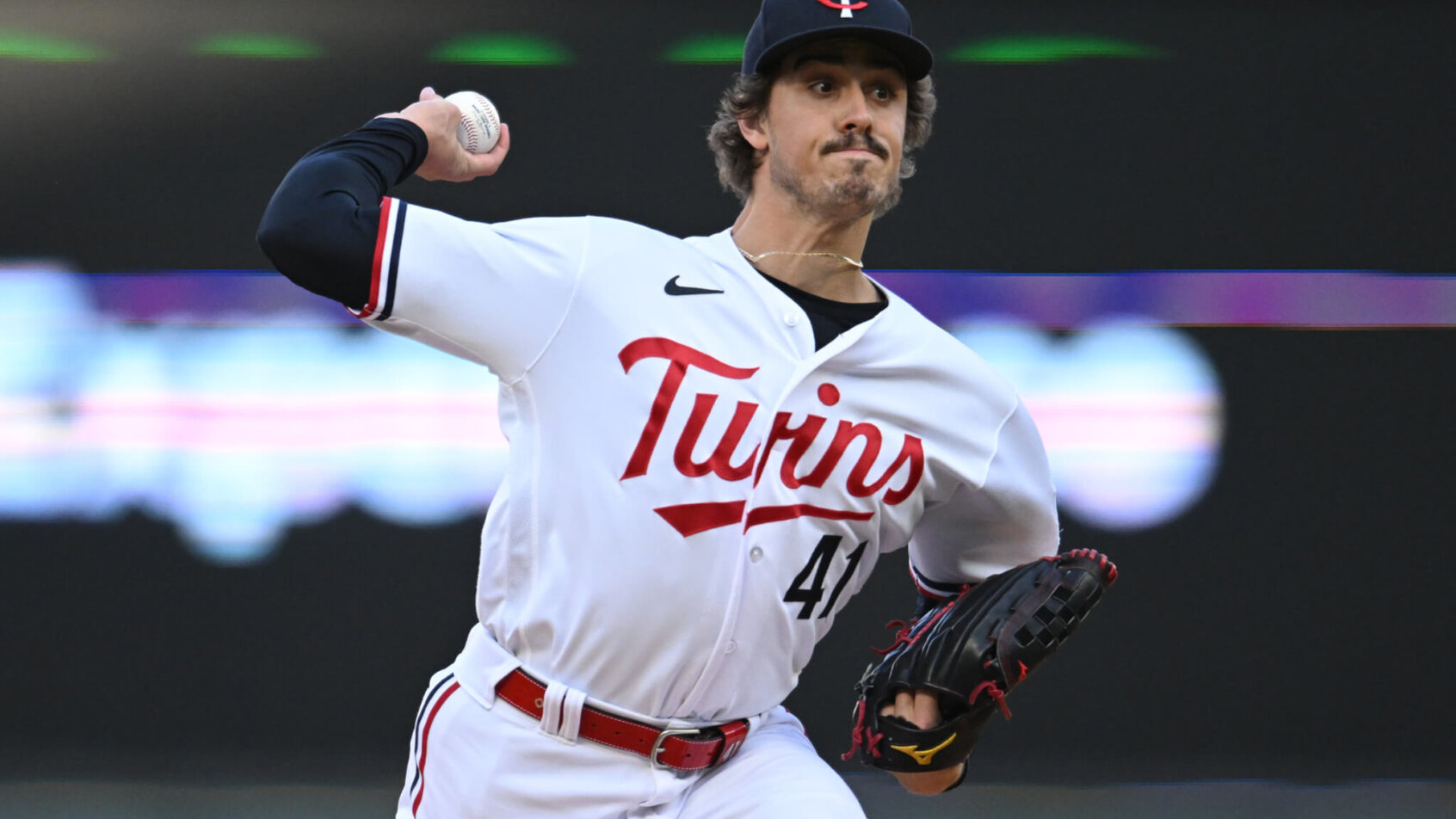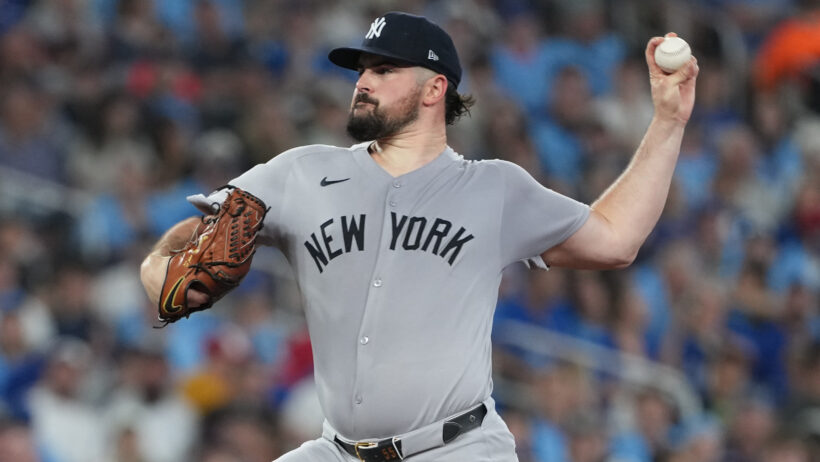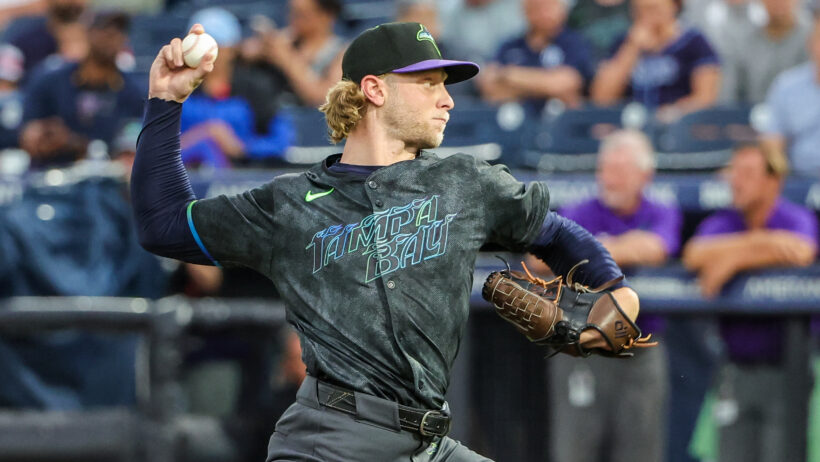Minnesota Runs Out of Time To Legalize Sports Betting
By Robert Linnehan in Sports Betting News
Published:

- Minnesota House Speaker Melissa Hortman says sports betting has run out of time in the state
- Legalized sports betting will have to wait for another chance in 2024
- Despite late push in the Senate, votes for a sports betting bill were not there
Another year, another session without legalized Minnesota sports betting.
Minnesota House Speaker Melissa Hortman (DFL-34B) broke the news at a press conference this afternoon when asked if sports betting would be passed in the remaining few days of the Minnesota legislative session.
“I think we’re probably out of time. In the House, it has two or three committees and we’re not going to be able to take people away from the floor to have that bill move through the committees that it would need to. I think that there’s a coalition of folks who are still really interested in making sure that that gets done. I just don’t think it will get done this session,” she said.
The final day of the Minnesota session is Monday, May 22, but could be adjourned earlier.
Disappointing End for Minnesota Sports Betting
With only a few days left in the legislative session, it’s unsurprising that sports betting was not a priority for state lawmakers. Despite having momentum in both the House of Representatives and Senate earlier in the year, sports betting discussions stalled for several months in the North Star State.
Earlier this month, Sen. Matt Klein (DFL-53) proposed several amendments to his sports betting bill, SF 1949, during a Senate State and Local Government Committee hearing, one of which would send 30% of the state’s sports betting tax revenues to a newly created fund to support Minnesota’s horse tracks.
With the amendment, Klein hoped to appease state race tracks being prohibited from offering sports betting on their own. The committee heard testimony on the bill, but took no action.
Representatives for both horse tracks in the state, Running Aces and Canterbury Park, thanked the Senator for including the amendment, but did not support the changes during the committee hearing.
That would be as far as the bill would travel.
The hearing was the first in months for sports betting since the Minnesota House Judiciary Finance and Civil Law Committee voted in favor of Rep. Zack Stephenson’s (DFL-Coon Rapids) sports betting bill, HF 2000, in early March.
Stephenson’s bill, like Klein’s, gave Minnesota tribes exclusive control over retail and online sports betting in the state. Representatives for the horse tracks opposed both bills, citing the potential damage sports betting would do to the horse racing industry in Minnesota.
During an earlier hearing, Tracie Wilson, CFO of Running Aces, said it is “essential that the state’s two race tracks be treated fairly with respect to any sports betting expansion.”
“While we appreciate Sen. Klein’s efforts, Running Aces will need to find other sources of revenue to offset the lost revenue with the current version of the sports betting bill. Sports betting will result in a significant loss of revenue for Running Aces. The tracks stand to lose revenues that are necessary to sustain the entire operations in order to support horse racing,” she said.
Neither Stephenson or Klein could rally enough support to pass either of their bills.
What’s Next for Minnesota Sports Betting?
It’s likely lawmakers will again take up sports betting discussions in the 2024, but what needs to happen to get a law across the finish line? First and foremost, any lawmaker undertaking sports betting will have to find a necessary compromise with the state horse tracks to legalize sports betting.
Both Stephenson and Klein have said that tribes will have exclusivity for sports betting.
An agreement on revenue sharing, for instance, would likely go a long way to getting a bill finalized. Andy Platto, executive director of the Minnesota Indian Gaming Association (MIGA), said MIGA would not take an official stance on Klein’s revenue sharing amendment, but the group would still support the bill if it was included.
Finding a number to appease both the tribes and tracks may be the only solution to legalized Minnesota sports betting.

Regulatory Writer and Editor
Rob covers all regulatory developments in online gambling. He specializes in US sports betting news along with casino regulation news as one of the most trusted sources in the country.



